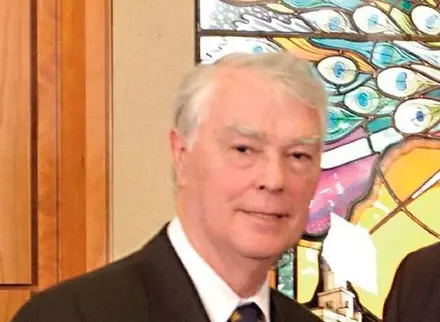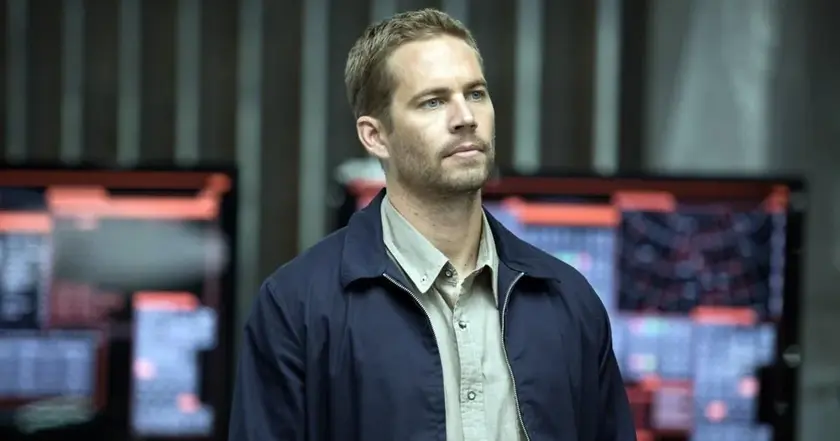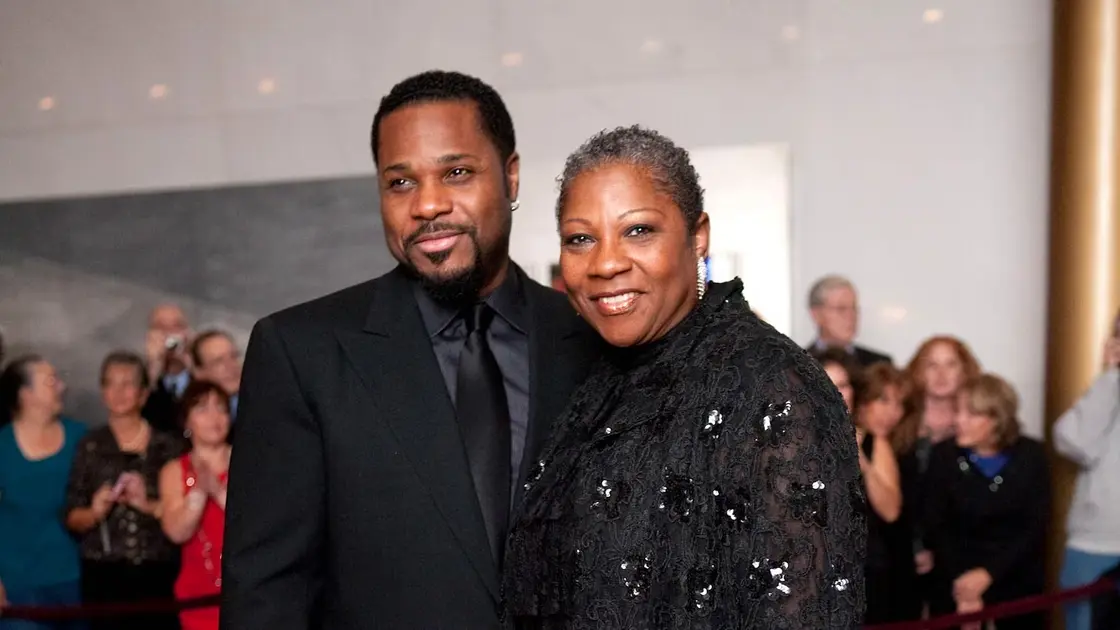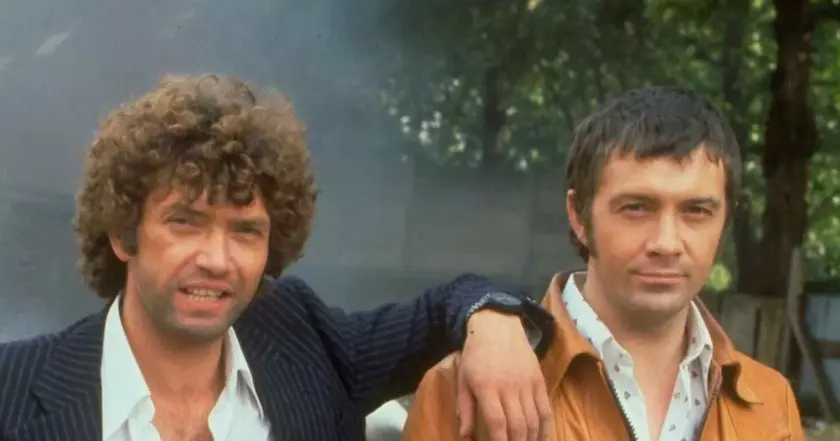T4K3.news
Martin Smyth legacy shapes memory of unionism in NI
Former UUP MP Martin Smyth dies at 94; tributes pour in as memory of his unionist era is debated across communities.

Obituary highlights a long service figure in Ulster unionism and prompts reflection on its memory.
Martin Smyth legacy shapes memory of unionism in NI
Former UUP MP Martin Smyth has died at 94, ending a political chapter that began after the 1981 murder of Rev Robert Bradford. Smyth served as MP for South Belfast from 1982 to 2005, a period marked by upheaval and constitutional strain. He also led the Orange Order as Grand Master for 26 years, a role that reinforced his standing within Unionist circles. Tributes came from across the political spectrum, with Ulster Unionist leader Mike Nesbitt calling him a heavyweight in local politics whose influence was often felt behind the scenes.
The report notes Smyth’s path followed a violent era, and it recalls his decision to leave ministry to join Parliament in 1982 after Bradford’s murder. Several figures spoke of his firm and faithful commitment to the Union and to his constituents in South Belfast, even as the Troubles defined the political landscape. The recounting of Smyth’s career emphasizes loyalty and principle, while also underscoring how memories of that era continue to shape debates about identity and reconciliation in Northern Ireland.
Key Takeaways
"I am terribly sorry to hear of the passing of Martin Smyth. From my days as a broadcast journalist, he was an ever-present heavyweight in local politics, whose views were always important."
Mike Nesbitt, Ulster Unionist leader
"Firm and faithful, he represented his constituents and NI with a strong sincere strength and unswerving belief in the Union."
Gavin Robinson, DUP leader who offered condolences
"Rev Smyth served Protestantism and unionism for many years through some of the worst of the terrorist campaign"
Jim Allister, TUV leader
"He was prepared to be a political representative at a time when it literally risked his life"
Lord Peter Weir, former Education Minister
Smyth’s obituary offers a window into how memory is curated in unionist circles. His long tenure and Orange Order leadership anchor a legacy that many in the community view as steady, principled, and resilient through danger. Yet memorials like this risk cementing a single narrative of the Troubles, potentially sidelining voices seeking a broader, more inclusive reckoning. In today’s politics, such legacies can fuel nostalgia while also triggering pushback from those who remember the period differently. The piece hints at an ongoing tension between honoring service and confronting past violence, a balance Northern Ireland still struggles to strike. The public discourse around Smyth’s life illustrates how history continues to influence identity, legitimacy, and political alignment inside and outside unionism.
Highlights
- A heavyweight in local politics whose voice mattered beyond the spotlight
- Firm and faithful, he stood for the Union in volatile times
- A titan of unionism with quiet confidence and strong oratorical power
- Prepared to be a political representative when it literally risked his life
Political sensitivity around legacy of a unionist figure
The obituary frames a controversial period in Northern Ireland history. This could provoke debate, especially among communities with differing memories of the Troubles, and may trigger reaction from readers across political lines.
Memory lingers where history remains contested, and today’s politicians must navigate that legacy with care.
Enjoyed this? Let your friends know!
Related News

AP names all-time all-america

Tributes flood in for Tristan Rogers after passing

Red Wings retire Sergei Fedorov No. 91

British comedians ranked

Netflix drops seven Fast and Furious films featuring Paul Walker

Rob Fiddaman shares memorable night with Liam Gallagher

Memorial page launches for Malcolm-Jamal Warner

Martin Shaw opens up about The Professionals feud
